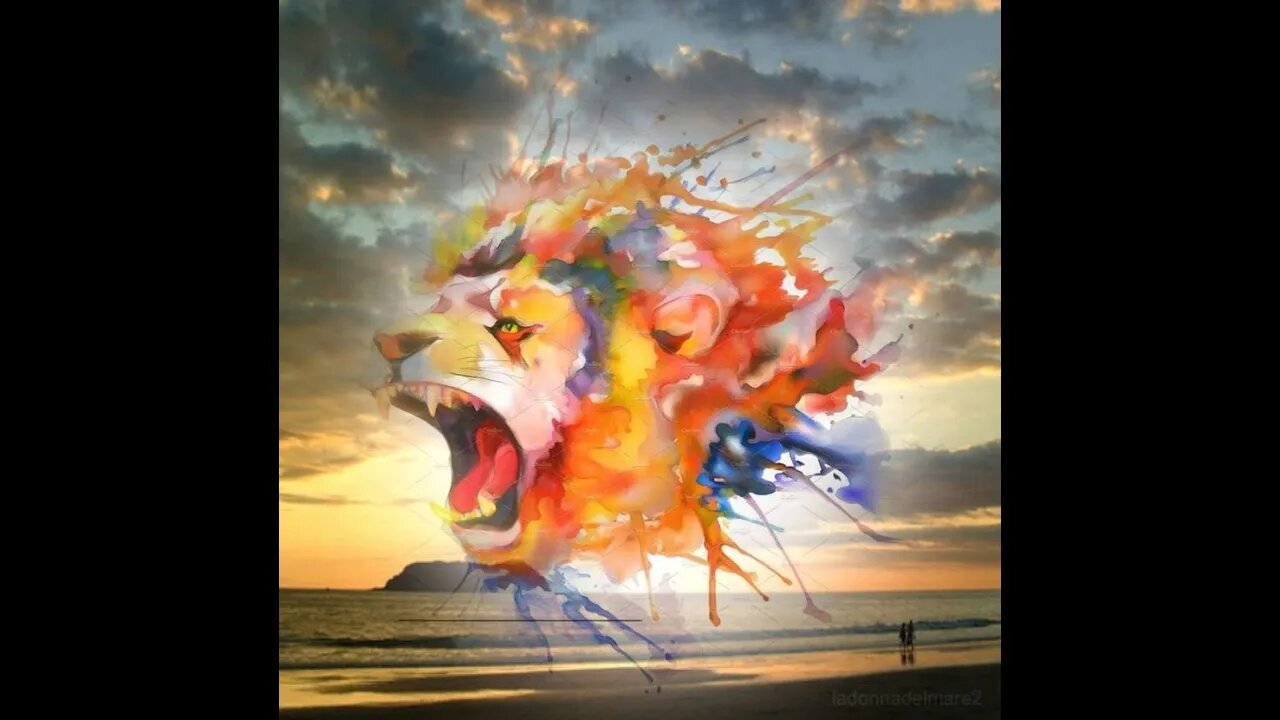Premium Only Content

MONEO | UT 🗝 Contact 🗝 Karma 🗝 🦋
#Karma (Sanskrit) [from the verbal root kri to do, make, denoting action] Action, the causes and consequences of action; that which produces change. One of the primary postulates of every comprehensive system of philosophy, described as a universal law, unceasingly active throughout universal nature and rooted in cosmic harmony, in its operations existing from eternity, inevitable, inherent in the very nature of things.
It is action, absolute harmony, the adjuster; it preserves equilibrium by compensating and adjusting all actions, excessive or defective. Hence it is called the law of retribution, implying neither reward nor punishment, based on nature's own urge of harmonious equilibrium.
As such it has been personalized as Nemesis and by many other names, a practice which lends itself to popular imagining of avenging deities, such as God or Gods, Furies, Fates, Destiny, etc. As there are no such things as inanimate beings in the universe, it is not surprising to hear of karmic agents and of scribes or lipika who record karma.
Karma must necessarily be transmitted by living beings of one grade or another, because there is no other means possible, and universal nature is but a vast, virtually frontierless being whose entire structure, laws, and operations are the innumerable hierarchies of beings in all-various grades, which thus not only condition nature, but are in fact universal nature itself. By our acts we create living beings which act upon other people and ultimately react upon ourselves.
These beings, then, are agents of karma on one plane; on higher planes other orders of beings are such agents. "An Occultist or a philosopher will not speak of the goodness or cruelty of Providence; but, identifying it with Karma-Nemesis, he will teach that nevertheless it guards the good and watches over them in this, as in future lives; and that it punishes the evil-doer -- aye, even to his seventh rebirth. So long, in short, as the effect of his having thrown into perturbation even the smallest atom in the Infinite World of harmony, has not been finally readjusted.
For the only decree of Karma -- an eternal and immutable decree -- is absolute Harmony in the world of matter as it is in the world of Spirit. It is not, therefore, Karma that rewards or punishes, but it is we, who reward or punish ourselves according to whether we work with, through and along with nature, abiding by the laws on which that Harmony depends, or -- break them. "Nor would the ways of Karma be inscrutable were men to work in union and harmony, instead of disunion and strife.
For our ignorance of those ways -- which one portion of mankind calls the ways of Providence, dark and intricate; while another sees in them the action of blind Fatalism; and a third, simple chance, with neither gods nor devils to guide them -- would surely disappear, if we would but attribute all these to their correct cause.
With right knowledge, or at any rate with a confident conviction that our neighbours will no more work to hurt us than we would think of harming them, the two-thirds of the World's evil would vanish into thin air. Were no man to hurt his brother, Karma-Nemesis would have neither cause to work for, nor weapons to act through.
We stand bewildered before the mystery of our own making, and the riddles of life that we will not solve, and then accuse the great Sphinx of devouring us. But verily there is not an accident in our lives, not a misshapen day, or a misfortune, that could not be traced back to our own doings in this or in another life" (SD 1:643-4).
The effect of karma on human beings is merely the natural reaction from their actions, which may be described as only half-actions, for they are not completed until the reaction has ensued. Since the consequences of acts do not necessarily ensue immediately, it follows that at any stage of our career we may experience the results of actions performed a long time in the past. Karma does not obviate free will or imply fatalism or mechanistic determinism.
It is not merely a mechanical or mechanistic chain of linked cause and effect, by which every act is predetermined by some previous act and by no other cause. Man is a divine spark expressing itself through a series of vehicles, forming by means of these vehicles a series of egos, each conscious and operative on its own plane.
Through his contract with higher planes, he has the power of bringing new forces into operation, so he is not inexorably bound in a mechanistic sense by his karma. On the other hand, to speak of an absolutely free will is meaningless; the will becomes more and more emancipated from conditions as we penetrate deeper into the recesses of our nature; but it must always be actuated by motive of some kind, and hence, being conditioned by motive, it comes under the operation of the universal law of karma.
#90ForLife™ - http://jbell.com
-
 2:18:32
2:18:32
Missouri on Neodymium
11 months agoOfficial "Let My People Go" Full Length Documentary
1893 -
 2:05:10
2:05:10
Kim Iversen
12 hours agoFree Speech for Me, But Not for Thee: Trump Admin’s Protester Crackdown Sounds MAJOR Alarms
77.4K420 -
 1:29:26
1:29:26
Glenn Greenwald
13 hours agoICE Detains Permanent Resident for Protesting Israel; European Leaders Make Maniacal Rearmament Vows They Cannot Keep | SYSTEM UPDATE #421
138K279 -
 1:02:56
1:02:56
Donald Trump Jr.
15 hours agoUSAID Slush Fund Slashed, X Cyberattack, Plus Interview with Nate Morris | Triggered Ep.223
140K165 -
 5:48:40
5:48:40
Dr Disrespect
18 hours ago🔴LIVE - DR DISRESPECT - THE SHOTTY BOYS - WARZONE, PUBG, FORTNITE
237K43 -
 2:12:50
2:12:50
Adam Carolla
20 hours agoDouble Murder Convict to be executed by Firing Squad + Comedian Elon Gold + Comedian Carol Leifer
94.1K21 -
 46:08
46:08
Kimberly Guilfoyle
16 hours agoBad Day to be a Bad Guy: FBI Taking Down World’s Worst Criminals, Live with John Nantz | Ep.203
195K85 -
 DVR
DVR
Redacted News
14 hours agoWhat's REALLY going on in Syria? | Redacted with Natali Morris
197K135 -
 54:18
54:18
Candace Show Podcast
15 hours agoHarvey Speaks: Jessica Mann & The Five Year Affair | Ep 3
213K88 -
 56:53
56:53
Grant Stinchfield
13 hours ago $9.83 earnedFreeze Spending & Kick the Can Down the Road... Why Republicans Should do Just That!
115K25